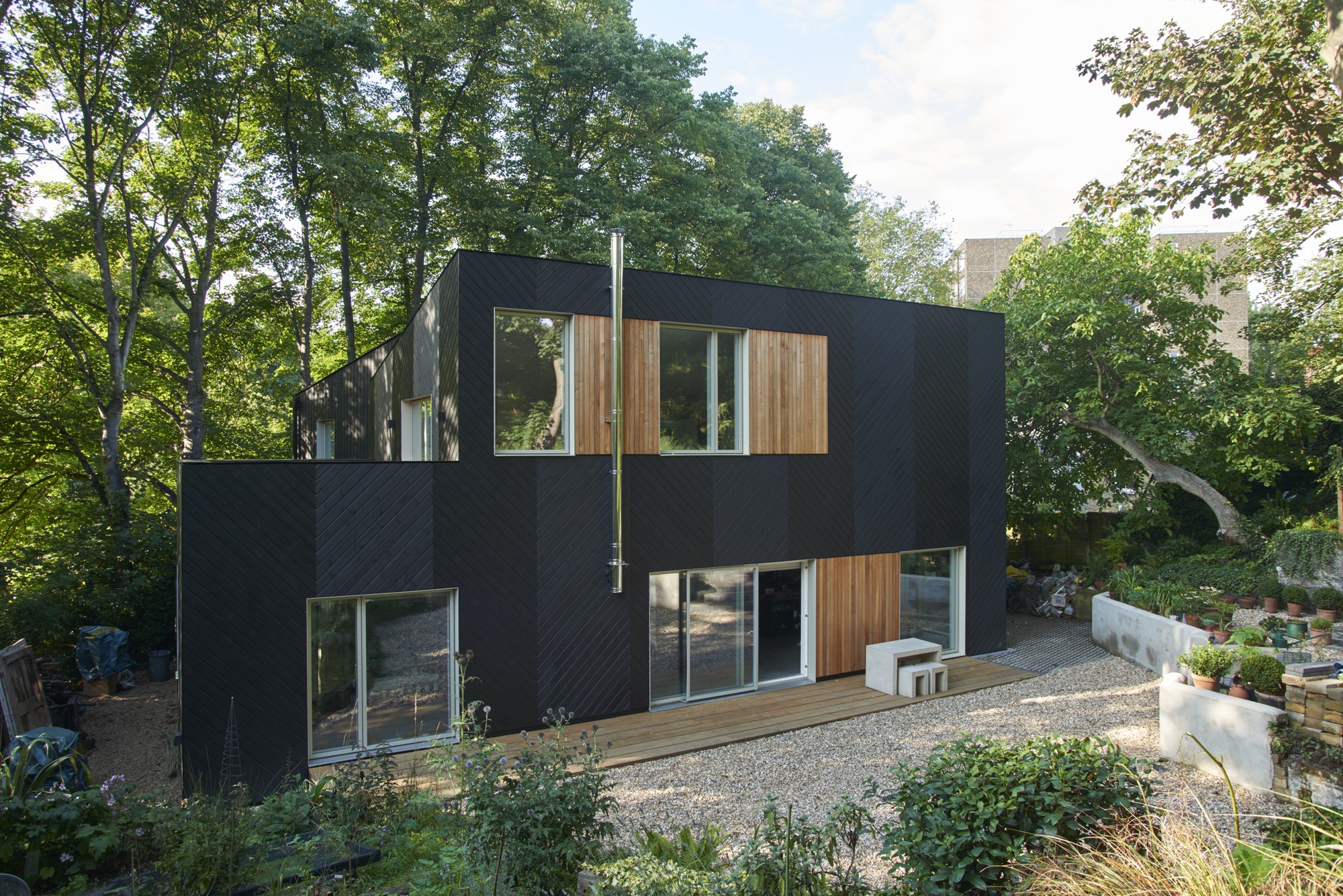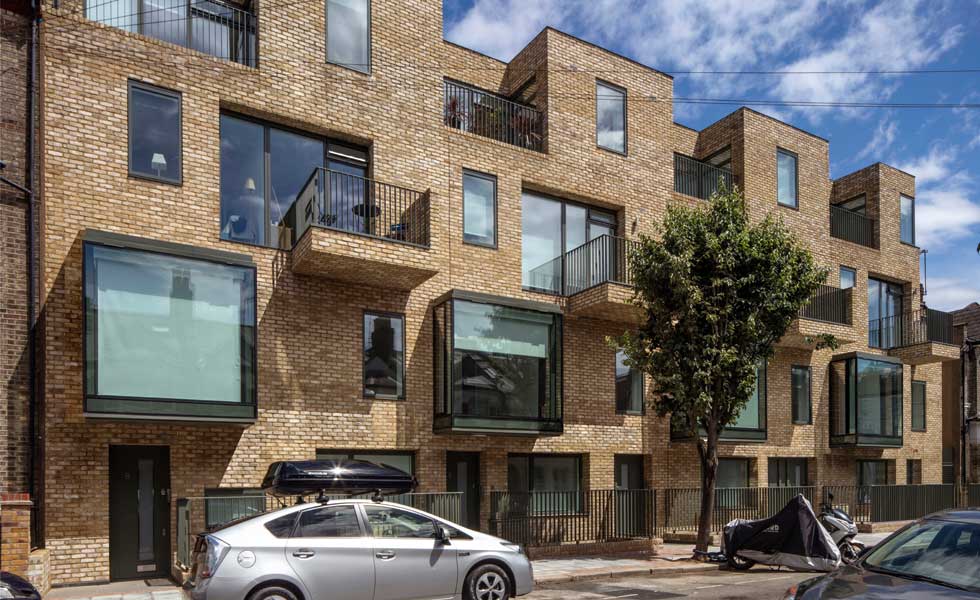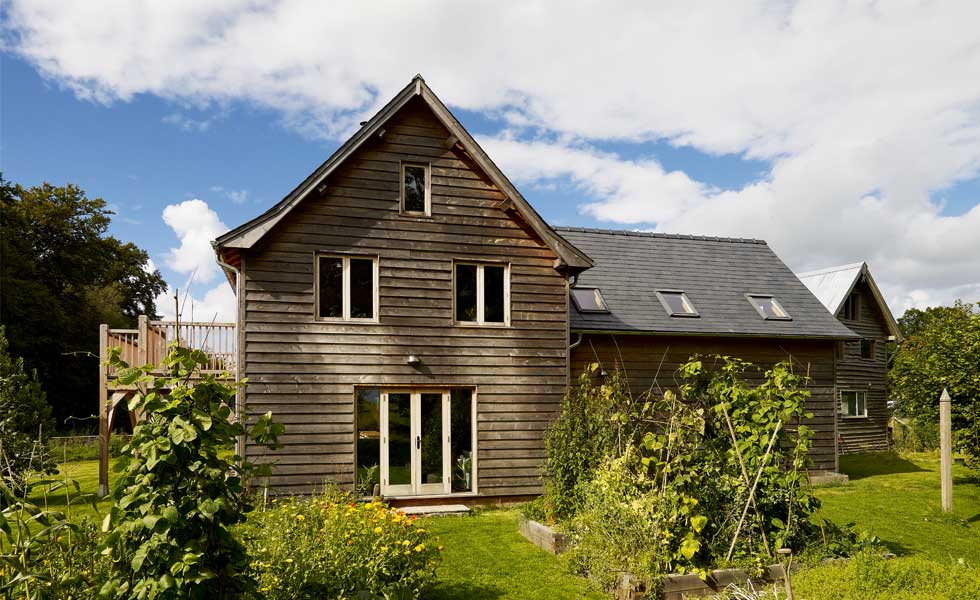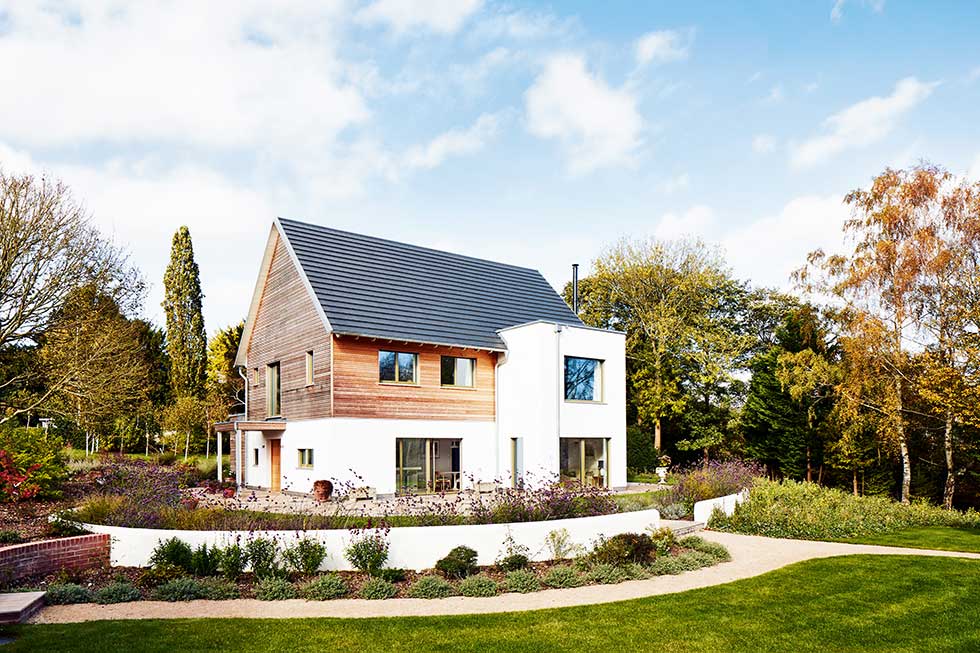Self Build Project Management: Which Option is Right for you?
The right option for self build project management is one of the first steps in building your own home. We look at the various approaches and the types of self builders they suit best

To the uninitiated, the idea of a ‘self build’ can sound like a scary prospect — after all, the name suggests it’s a particularly hands-on way to create the home of your dreams. However, there are several routes to self building a home, each with varying levels of direct involvement from the people who will eventually live in it.
Which one you choose is entirely down to you, however, you should consider how your own personal circumstances will apply to the process of each build route.
This includes:
- The cost implications versus your finances
- How much time you can give to a project
- Your level of skill and expertise
These three factors are the driving forces of a self build and all have a part to play in your self build decision making. While hiring a project manager will help inexperienced self builders exceed, it’s a large additional cost; while you may want to save money by undertaking the work yourself, but if you have no experience and only the weekends to do so, you’ll find your project in trouble pretty quickly.
With that in mind, we're looking at the options available for self building and how they may best suit particularly potential self builders.
What are the Options for Self Build Project Management
When it comes to self build project management, there are many options available (you can even choose to mix and match the options to suit).
Custom Build

It’s important to note that custom build and self build are not interchangeable terms — though we are considering custom build one of our self build routes here. Former housing minister Brandon Lewis said: “The definition of self build covers someone who directly organises the design and construction of their new home, while custom build covers someone who commissions a specialist developer to help deliver their own home.”
Who is it best for?
Custom build homes come at a premium, so they're not for those looking to self build on a tight budget. They also may not see the same return on investment as other methods.
They do, however, take a lot of the responsibility off your shoulders as a self builder. The developer will have already secured planning permission, and taken care of potentially expensive and stressful tasks such as instating services.
A design guide will set the parameters for the build, giving you less overall control over the finished home.
Professionally Managed
Sourcing a professional self build project manager can save you the job of even having to find the main contractor or sort the design. Professionally managed projects come with a price tag and is one of the self build routes that allows for the homeowner to remain most hands off.
Look for a project manager who is experienced in builds similar to yours and has a wealth of local contacts. You will still be needed for decision making, but will have little responsibility for the day-to-day management of the building site.
Who is it best for?
For those who are looking to self build but not undertake any of the work themselves, a project manager is a common choice. They will eat into your budget, but bring with them experience crucial to a successful project.
DIY

Of the 11,000-plus self builds in the UK between 2016-2017, some 15% used DIY as their primary build route. We also know that those who chose this route were typically younger than the average self builder, had smaller household incomes and built smaller houses.
Perhaps crucially, followers of this self build route also saved up to 25% on their build costs when compared to self-builders who managed their own labour.
Who is it best for?
No matter what your budget, if you have the skills and time to dedicate to getting hands on with your project, it's the most effective way to make the most of your spend and get the best return on investment.
Self Managed
Self managing your project will require fewer hands-on practical skills than the DIY route, but it does mean that you have to display excellent people, time and finance management skills.
This is the most common of all the self build routes, with over 50% of the completed self-builds between 2016-2017 in the UK choosing this method. This build route saved 17% against appointing a main contractor to oversee the project.
Who is it best for?
Self builders who may not have the skills to build their own home, but can effectively manage a project. For the inexperienced, this will require a lot of time, both spent researching and organising the build, but will mean saving money on an independent project manager.
Package Build

Package companies, or turnkey providers, aim to do the work you don’t want to do — handling as much or as little of the self build process as you are willing to pay for.
They will typically use a team of in-house designers to help you come up with your dream home. It’s typically a route that will require a sizeable upfront payment, but is the ‘easiest’ way to create a bespoke, individual home.
Who is it best for?
If you like the end-to-end service idea of a custom build, but want to retain more control over the location, size and more of your home, a turnkey project is a good choice if budget permits.
Main Contractor
Once the design has been agreed upon, your main role here is to appoint the main contractor or builder who will run the building site, organise the subcontractors and possibly handle all the procurement.
It’s not entirely hands-off however, and you’ll be expected on site and at the end of a phone frequently. Over 20% of self-builders chose this route in the surveyed period.
Who is it best for?
Using a main contractor is a bridge between appointing a project manager and not. While you'll still need to oversee the site, the main contractor will take the extra organising work off your hands, freeing up a lot of time.
Mix and Match
Many self builders decide to mix and match several of the approaches above. Projects can be split into different sections – commonly up to, and after, weathertight stage is reached – and different approaches taken for each section.
For instance, some package companies might let you take their design services and materials supply up to weathertight stage only. You might feel that you can handle the decorating and landscaping yourself but need a builder to manage the rest of the project for you. You might want a project manager for the critical first half of the build but feel you can handle organising the internal trades yourself.
It is up to you to work out an arrangement that works best.
Bring your dream home to life with expert advice, how to guides and design inspiration. Sign up for our newsletter and get two free tickets to a Homebuilding & Renovating Show near you.

The former Editor of Homebuilding & Renovating magazine, Jason is an experienced self builder and has recently finished renovating his 1960s home. Jason is now Managing Director of Future PLC's Homes' portfolio, which includes UK-leading titles such as Ideal Homes, Livingetc and Homes & Gardens. He is also the author of The Self Build Dream. You can catch Jason in the seminar theatres and Advice Centre at many of the Homebuilding & Renovating Shows across the UK.
